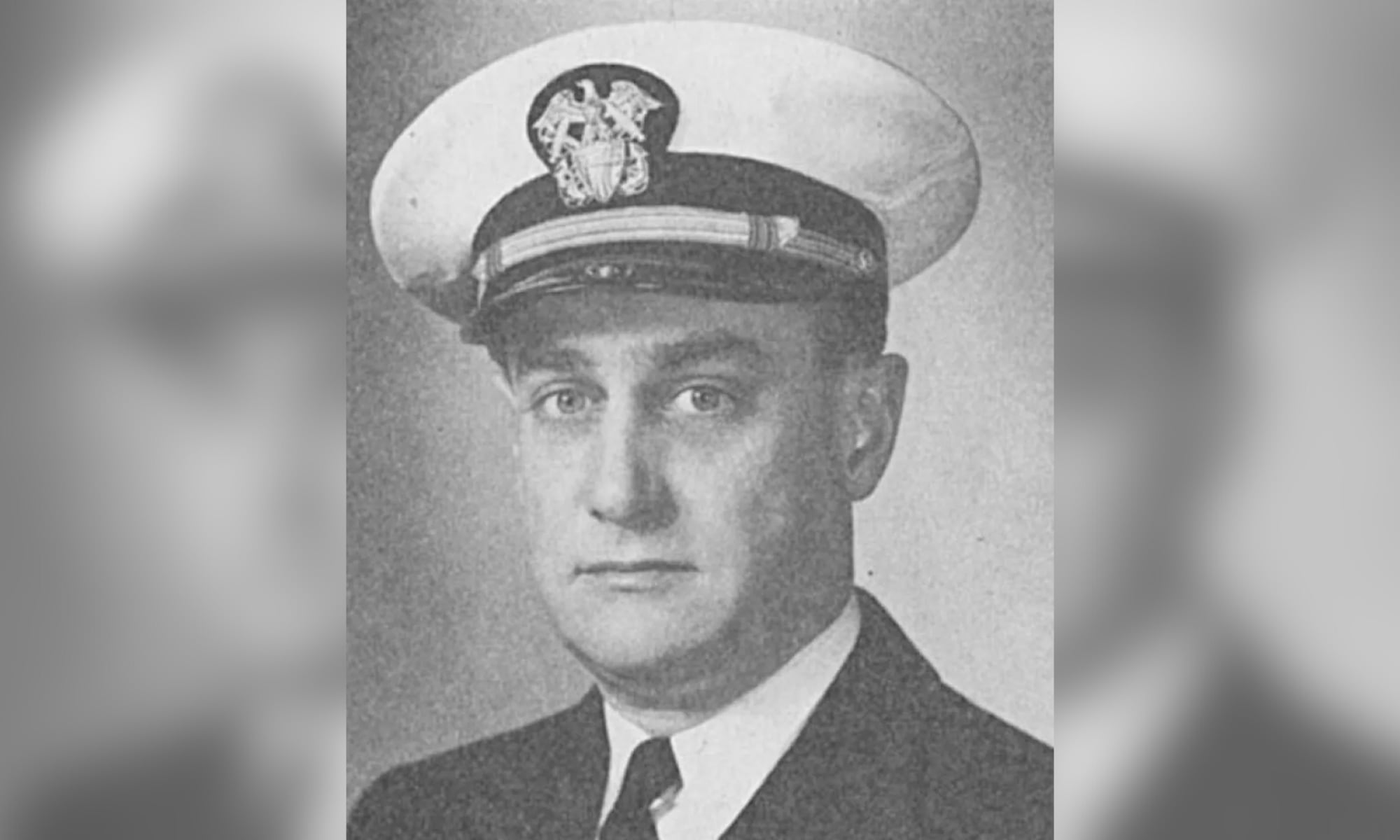The military has officially entered the 2016 presidential race.
In making his presidential bid official Monday, Sen. Lindsey Graham promised to put "a strong national defense" and service member concerns at the center of his campaign.
And despite his status as a long shot to win the post, the South Carolina Republican's drumbeat will force the entire field of hopefuls to sharpen their focus on those issues.
"I have more experience with our national security than any other candidate — that includes you, Hillary," the South Carolina Republican told a cheering crowd of constituents at his campaign announcement. "I have listened, learned and prepared myself for the job of commander in chief."
Graham, the 11th major party candidate to formally enter the race, is the first with a military background. He retired from the Air Force Reserve as a colonel in May, ending a 33-year career that included stints as a military lawyer in Iraq and Afghanistan.
"The best of us are the 1 percent of Americans who are the men and women of the United States armed forces," Graham said.
"I cannot promise as commander in chief that the dangers they confront, the risks they run, the sacrifices they make will be fewer or easier. But I can assure them they will have the leadership to defeat our enemies. I can promise them their sacrifices won't be wasted. They won't fight with their hands tied behind their backs."
He's also one of the most influential voices on national security and military affairs in the Senate, a longtime member of the Senate Armed Services Committee and current chairman of its personnel panel.
In that role, he has spearheaded Senate efforts to reform military retirement and other benefits, and figures to be a key figure in policies regarding sexual assault and women in combat for months to come.
Graham's presidential run brings extra attention to each of those topics, especially given his attacks already on rivals' national security positions. He has called for more U.S. troops on the ground to combat Islamic State fighters in Iraq, and blasted both President Obama and his less aggressive opponents for backing a strategy doomed to fail.
"Those who believe we can disengage from the world at large and stay safe by leading from behind, vote for someone else. I'm not your man," he said.
Thus far his main target has been Kentucky Sen. Rand Paul of Kentucky, whose positions against escalating U.S. involvement in the fight and against wiretapping authority under the Patriot Act have drawn frequent criticism from Graham.
But his campaign entry has also opened a new round of media questions for Democratic front-runner Hillary Clinton on foreign policy, and will spur several rounds of sparring at the first Republican presidential debate in August.
A Gallup Poll in May put national security and the threat of a terrorist attack as the fourth most important issue for voters in the 2016 presidential election, behind the economy, health care and Washington gridlock. Among Republicans, the issue came in third, above health care.
Leo covers Congress, Veterans Affairs and the White House for Military Times. He has covered Washington, D.C. since 2004, focusing on military personnel and veterans policies. His work has earned numerous honors, including a 2009 Polk award, a 2010 National Headliner Award, the IAVA Leadership in Journalism award and the VFW News Media award.





